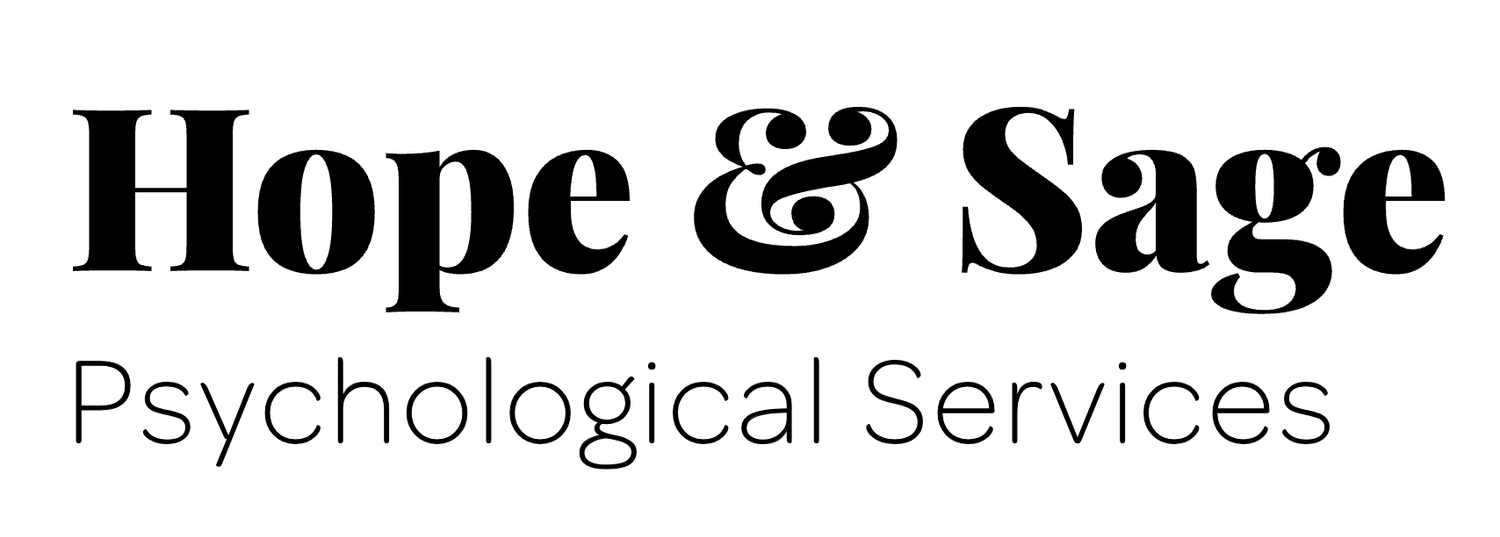What is your love language, and does it matter?
The popularity of Gary Chapman’s book, The Five Love Languages has led to a lot of discussions on the concept of “love languages.” The book does a good job of giving readers a schema or framework for understanding our partners. Chapman is able to distill the fundamental ways we receive and give love into a nice, neat, and easy to understand five “languages,” which are words of affirmation, quality time, receiving gifts, acts of service, and physical touch.
The idea of love languages helps us to think about our partner’s preferences. However, it would be unwise to get too overly hung up on the love languages or which one is one’s primary language, such that those languages become labels or even final authority on how we love one another (i.e., “You must love me in this way, or else you don’t really love me!”).
Mismatches between dominate love languages do not necessarily make for less happy relationships. As a matter of fact, a study by Bunt and Hazelwood (2017) revealed that there is limited evidence that having love language alignment between partners promotes relationship satisfaction.
Rather than getting caught up on what “language” to speak, being responsive to your partner’s needs is key.
Since human beings aren’t static creatures (we all change), our needs and preferences, including preferred love languages, may also change over time. Being attuned to and attentive to those evolving needs is crucial and an act of love.
Even if you and your partner have a primary language or two, learning to “speak” different languages is still beneficial as all five love languages are fundamental ways of showing love. Learning the other love languages can also be fun and bring new surprise into your relationship. For example, perhaps you and your partner primary show love to one another through words of affirmation and acts of service, wouldn’t it still be nice to give each other a gift or shower each other with extra hugs and cuddles? As both partners become savvy in other expressions of love, it can strengthen the relationship.
Writer Bio: Dr. Annie Hsueh, Ph.D. is a licensed clinical psychologist (PSY25708) in the Los Angeles area. She has dedicated her career towards helping couples develop more joy and connection in their relationships. She is based in Torrance, CA and sees clients throughout California via secure online therapy platforms.
Please note this page contains Amazon affiliate link. If you click through and make a purchase, I may receive a small commission at no additional cost to you.


